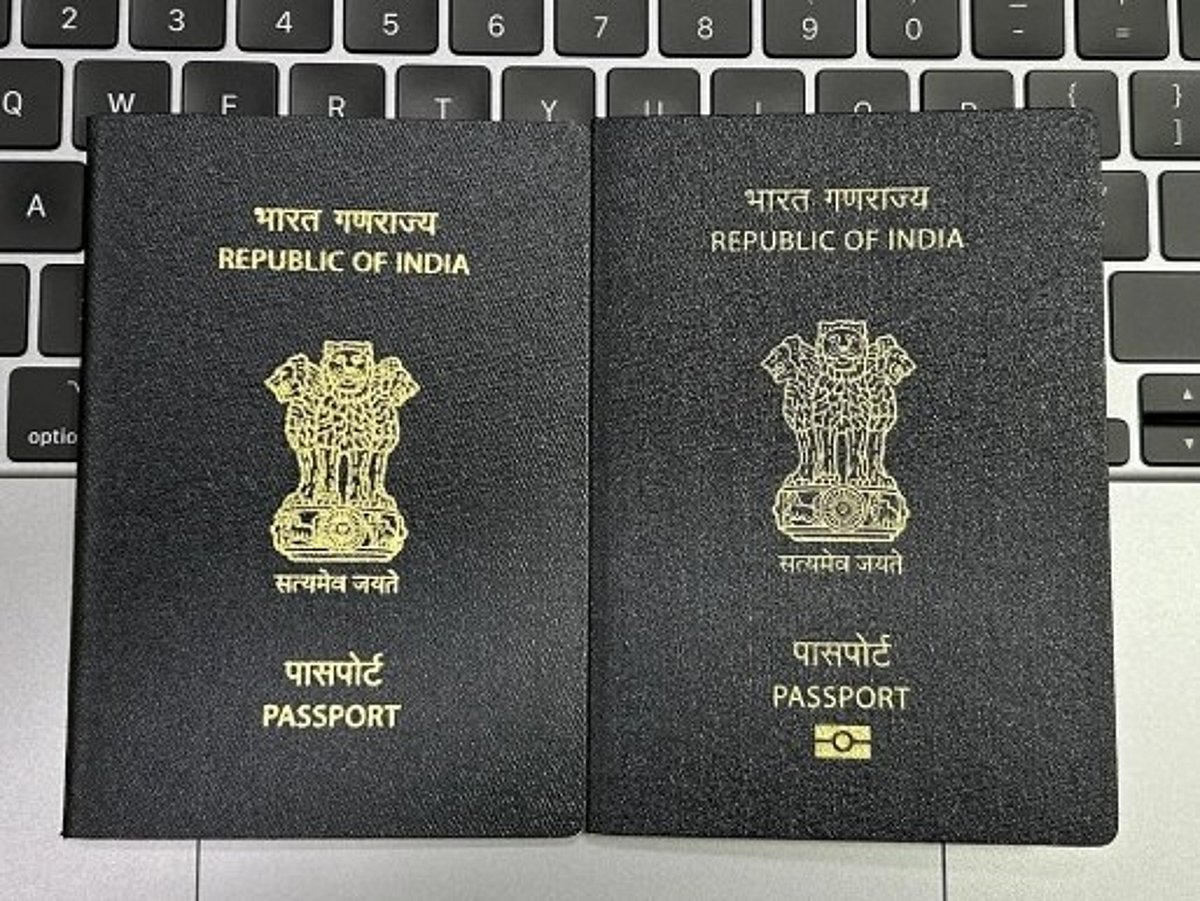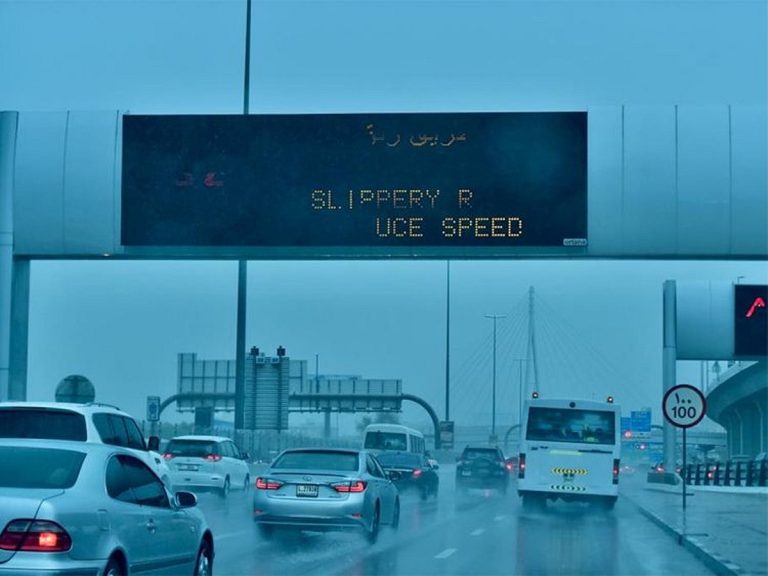New ePassport for Indian Expats in UAE: Key Details
Indian expatriates in the UAE now have the option to apply for a chip-embedded ePassport through a newly launched online portal. This advancement raises questions about whether current passport holders should transition to this new technology. Here’s what you need to know about the ePassport, its benefits, and the application process.
What is an ePassport?
An ePassport is a modern travel document that combines traditional paper elements with advanced electronic features. It includes a Radio Frequency Identification (RFID) chip embedded within the passport, which securely stores the holder’s personal and biometric information. The ePassport is identifiable by a distinctive gold symbol on its cover, indicating its enhanced security features.
Key Features of the ePassport
The ePassport offers several advantages over traditional passports:
1. **Enhanced Security**: The data stored on the RFID chip is digitally signed, making it more difficult to forge or tamper with. This helps prevent fraudulent activities, such as the use of fake passports.
2. **Streamlined Immigration Processes**: With the ability to electronically verify the authenticity of the passport, border control authorities can expedite immigration clearances, reducing wait times for travelers.
3. **Updated Passport Numbering**: The numbering system for ePassports has changed. While traditional passports use a format of one letter followed by seven digits, ePassports will follow a new format of two letters and six digits.
Application Process for the ePassport
Indian expats in the UAE can apply for the ePassport through the upgraded Passport Seva Programme (GPSP 2.0). The process is straightforward:
1. **Online Registration**: Applicants must visit the new online portal at [passportindia.gov.in](https://mportal.passportindia.gov.in/gpsp/AuthNavigation/Login) to register. After registration, users can log in to generate new applications.
2. **Appointment Booking**: Once the application is submitted online, applicants need to book an appointment at one of the BLS International centers, which handle passport and visa services. Appointments can be scheduled through [BLS International’s website](https://indiavisa.blsinternational.com/uae/appointment/bls_appmnt/login).
3. **Document Submission**: Applicants should bring the required supporting documents to their appointment. They also have the option to upload their International Civil Aviation Organisation (ICAO)-compliant photograph and signature through the portal, which can help reduce waiting times at the BLS centers.
Important Guidelines for Applicants
The Indian diplomatic missions have provided specific guidelines to ensure a smooth application process:
– **Photograph Compliance**: Applicants must adhere to the ICAO standards for passport photographs. This includes wearing dark-colored attire when visiting the BLS centers.
– **Correction of Applications**: The new system allows for minor corrections to be made without the need to retype entire applications, streamlining the process for applicants.
FAQs
Is it mandatory for Indian expats to switch to the ePassport?
No, it is not mandatory to switch to the ePassport. Existing traditional passports remain valid until their expiration date.
How can I apply for the ePassport?
You can apply for the ePassport through the online portal by registering, submitting your application, and booking an appointment at a BLS International center.
What are the benefits of the ePassport over a traditional passport?
The ePassport offers enhanced security features, faster immigration processing, and a new numbering system, making it a more secure and efficient travel document.
Conclusion
The introduction of the ePassport for Indian expats in the UAE marks a significant advancement in passport technology, offering improved security and efficiency. While transitioning to the ePassport is not mandatory, those interested can easily apply through the new online portal. As the rollout continues, applicants are encouraged to familiarize themselves with the updated guidelines and processes to ensure a smooth experience.
The introduction of the ePassport aligns with global trends in travel documentation, where many countries are adopting similar technologies to enhance security and streamline border control processes. The move is part of India’s broader initiative to modernize its consular services and improve the experience for its citizens living abroad.
As more countries implement ePassports, Indian expats may find that having an ePassport could facilitate smoother travel not only within the UAE but also during international trips, as many nations are increasingly equipped to handle electronic passports at their borders. This modernization effort reflects a growing emphasis on leveraging technology to enhance the safety and efficiency of international travel.
Also Read:
Indian Embassy Launches E-Passport Portal for UAE Expats







